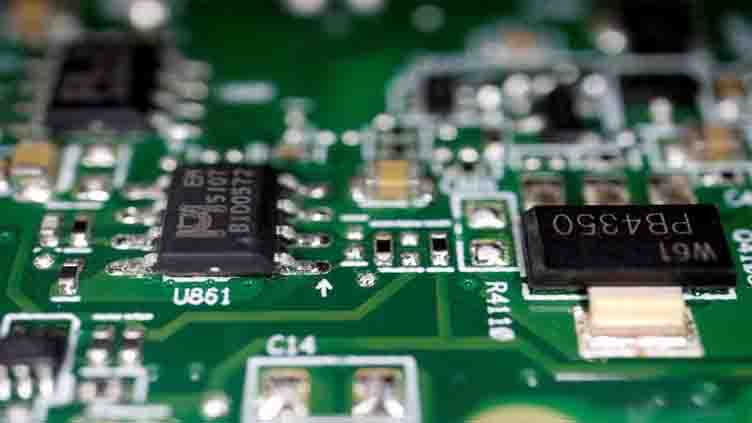US to widen sanctions on sale of semiconductor chips to Russia

Technology
U.S. officials have expressed growing frustration about China's burgeoning trade with Russia
WASHINGTON (Reuters) - The U.S. government plans on Wednesday to announce wider sanctions on the sale of semiconductor chips and other goods to Russia, with the goal of targeting third-party sellers in China, sources familiar with the plans said late on Tuesday.
The moves are part of a broad push by the Biden administration to respond to Russia's efforts to circumvent Western sanctions and choke off its war effort against Ukraine.
The administration will announce it is broadening existing export controls to include U.S.-branded goods, not just those made in the United States, the sources said. It will identify certain Hong Kong entities it says are shipping goods to Moscow.
The White House and Commerce Department had no immediate comment on the changes, which were first reported by Bloomberg.
White House spokesperson John Kirby told reporters earlier Tuesday that Washington would announce new sanctions and export controls against Russia.
The news came as U.S. President Joe Biden prepared to depart early Wednesday for a summit in southern Italy with leaders from other Group of Seven democracies.
One of the top priorities for the G7 leaders is boosting support for Ukraine, now in the third year of resisting Russia's invasion, and disarming the Russian war machine, one of the sources said.
U.S. officials have expressed growing frustration about China's burgeoning trade with Russia, which they say is allowing Moscow to keep arming its military.
Also read: US weighs more limits on China's access to AI chips
Exports from China and other countries of machine tools and other manufacturing equipment are helping it to produce weapons it previously imported, two sources familiar with the matter said.
Changes are needed to broaden the definition of U.S. goods covered by the export controls, they argue, given that Moscow has now shifted its entire economy to focus on the war.
Daleep Singh, White House deputy national security adviser for international economics, told the Center for a New American Security last week that Ukrainian President Volodymyr Zelenskiy was to meet with G7 leaders to underscore the dire situation facing Ukrainian forces in their battle against Russia.
Washington is also poised to announce significant new sanctions against financial institutions and non-banks that are part of the "technology and goods channels" that are supplying the Russian military, the sources said.


